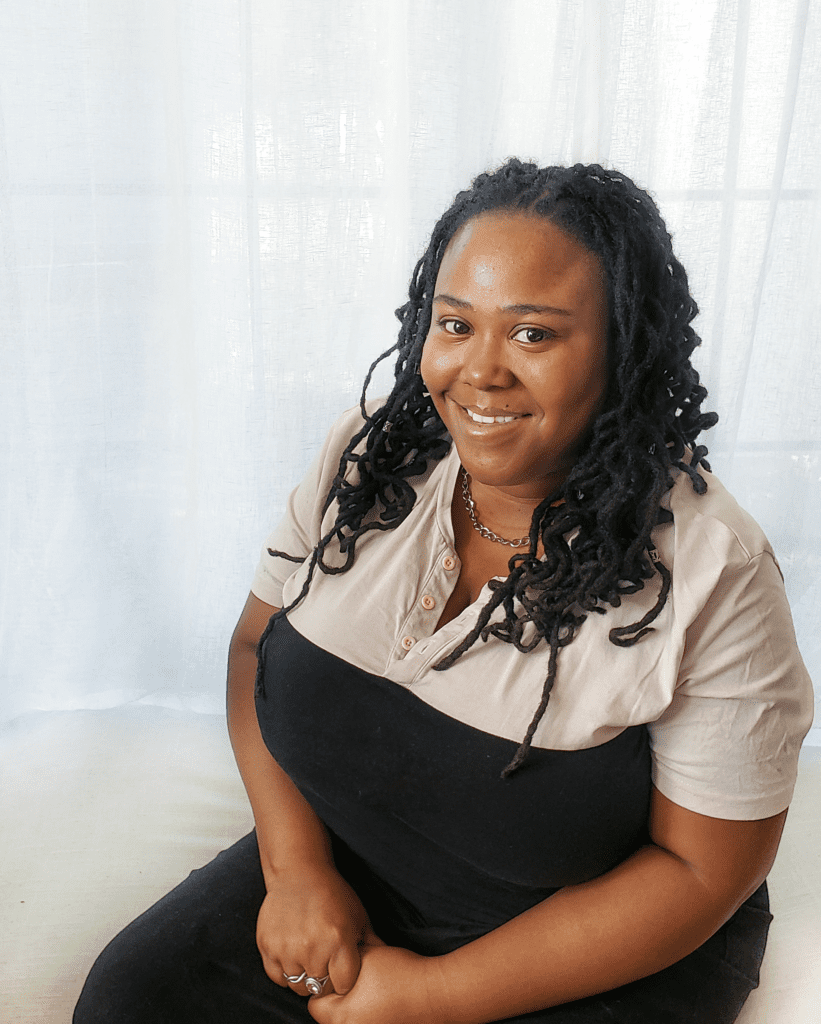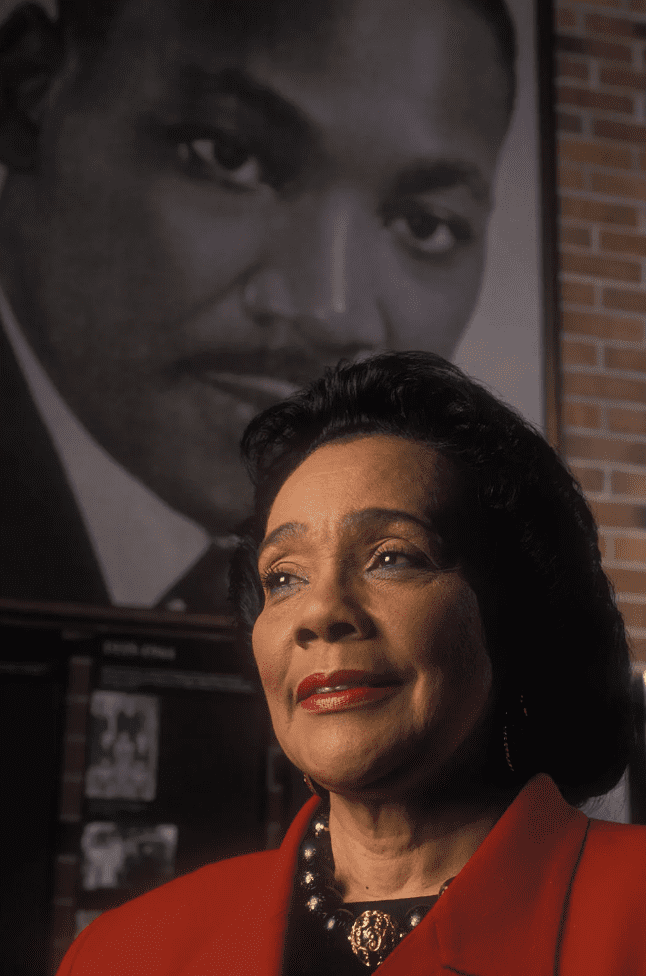Blog Post
We Were There, And We Were Loud

By Monisha “Mo” Pirela
Dr. Martin Luther King,
may not have told us about the dream,
If it were not for the urging
of a Black woman
I am a poet. So, I wrote a piece emphasizing the work of Black women, which has helped to shape American culture as

we know it. Often as Black, Queer women, our voices get lost in the shuffles among the larger spectrums of our intersectionality.
Our Blackness, queerness, religions, and other aspects of our being are negated in order to justly advocate for the bigger picture.
I wanted to amplify the truth behind Dr. Martin’s speech while highlighting the contributions of Black women and queer people. So that we, too, may see ourselves in the celebrations and service initiatives in support of social justice and equality, especially during Black History Month. So that without further negating ourselves, we are compelled to get in and do the work.
To start, let’s talk Black Girl Magic! Okay? Okay. First, we have Mahalia Jackson, famous gospel singer, who has recently been portrayed in feature films by Danielle Brooks and Ledisi in recently released movies. “The” Mahalia Jackson is credited with reminding Dr. Martin Luther King Jr. of a dream he previously told her about on the day of the great March on Washington. Yes, a Black woman urged him to speak about his dream; therefore, today, we have “I Have A Dream”, one of the greatest speeches on how to “form a more perfect union.” This would not have happened without the support of a spiritual Black woman.
Next, let’s get into Bayard Rustin. Mr. Rustin worked in support of the Montgomery Bus Boycott and worked on the March on Washington Movement. He basically helped organize and get the masses to Washington, D.C.
Bayard Rustin is THAT guy because who wants to give a speech to 5 audience members?
Also, because he refused to negate the AIDS epidemic and the devastation it was causing the Black gay community. Why is Mr. Rustin relevant? Because he worked to bring the racial justice and queer justice movements together. Yes, Bayard Rustin was a gay Black man making crucial decisions that helped to shape the success of Dr. Martin Luther King’s dream, cementing it as one of the greatest protests in Black history.
Last, and definitely not least, we must remember the women of Dr. King’s family. His grandmother Jennie, affectionately

called “Mama”, his mother Alberta King, his sister Christine King, his wife, Coretta Scott, his daughters, Yolanda, and Bernice. Though some members of the King family did not support LGBTQ+ rights, Black women have always been and remain as the backbone and at the forefront of the struggle. We know that, in the words of trailblazing activist Fannie Lou Hamer, “none of us are free until all of us are free.”
When I envision Dr. Martin Luther King Jr., it is the faces of these women that seep to the forefront.
It is my hope that this starts to happen for you, too. That when you see Black historical figures celebrated, and service initiatives springing up, that you feel compelled to work in support of those women who endured long ago and those who still carry on the work today. It is my hope that you remember the erasure of queer people and bring your best Bayard Rustin impression into the spaces you enter.
Sexism, racism, poverty, and anti-queerness all merged together during the 1960s, making it one of the most tumultuous and revolutionary times in American history. However, many recounts of the events frame the story as if queer people and women were not integral to the Civil Rights movement. I wasn’t there, but I’d bet you my best Black Queer Pride t-shirt that we were, and we were loud.
We were doing the work and helping others to make their dreams become reality.
Dr. Martin Luther King,
may not have told us about the dream,
If it were not for the urging
of a Black woman
– Monisha “Mo” Pirela is a multi-passionate, queer, writer, advocate, and entrepreneur who currently resides in Charlotte, NC with her life partner. Mo has been published in several publications, is an academic scholar, and is working to fulfill her goals of becoming an author, architect, and public servant. Through her advocacy-based brand, Mo aims to inspire queer people, especially those from disadvantaged communities, to follow their dreams and look outside of the box to find community. Follow Mo on Instagram at @solidarityandco.